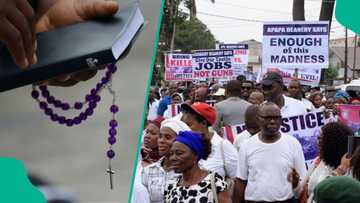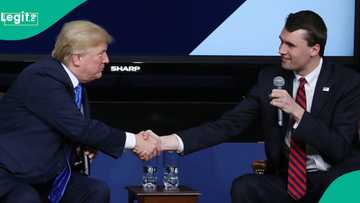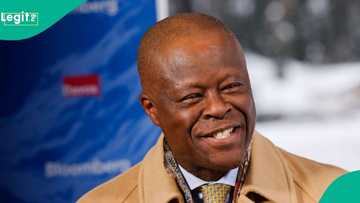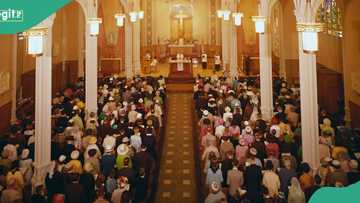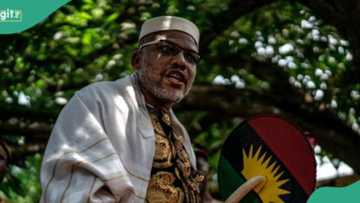Nigerian Lawmakers React as US Senator Alleges Christian Genocide in Benue, Plateau, Other States
- The house of representatives has condemned a bill by US lawmakers seeking to hold Nigerian government officials accountable for “facilitating the mass murder of Christians”
- Legit.ng reports that the lower legislative chamber led by Abbas Tajudeen and Benjamin Kalu argued that there is no state-sponsored persecution of Christians in Nigeria
- The green chamber passed the resolution during Wednesday’s plenary following the adoption of a motion sponsored by Benjamin Kalu, the deputy speaker, and 359 lawmakers
Legit.ng journalist Ridwan Adeola Yusuf has over 9 years of experience covering public affairs and governance in Nigeria.
FCT, Abuja - The house of representatives has rejected the claim of genocide against Christians in Nigeria.
As reported by Daily Trust on Thursday, October 9, Nigerian lawmakers described the claim as a “misleading narrative.”
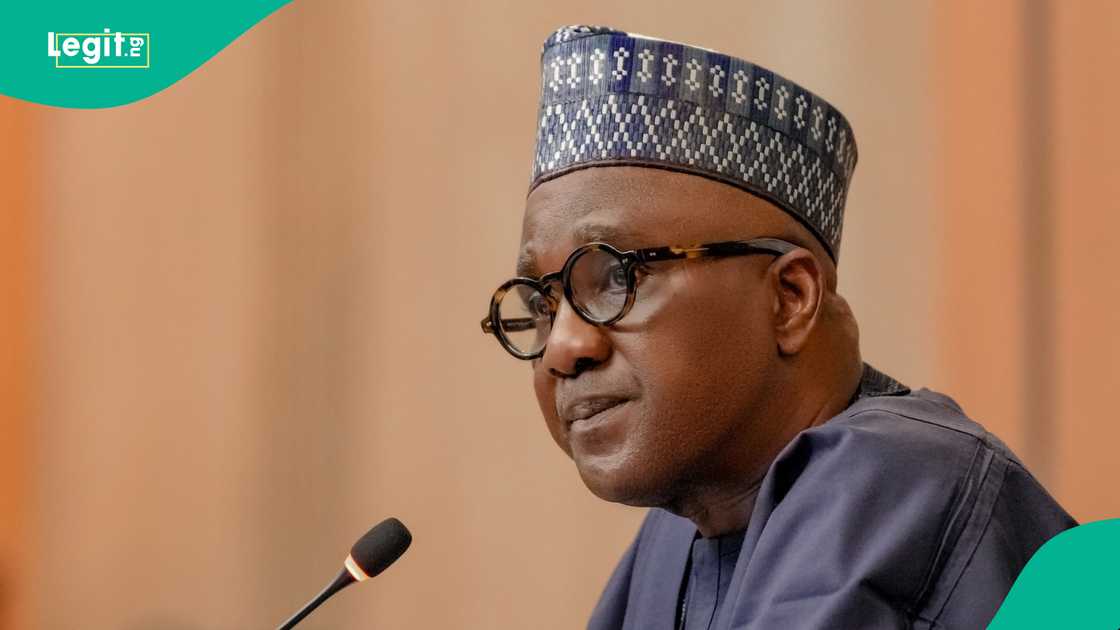
Source: Facebook
Nigerian lawmakers disagree with US official
PM News also noted the federal lawmakers' stance.
This is as the House has called for a coordinated diplomatic and domestic response to a proposed legislation in the United States (US) senate seeking to designate Nigeria as a “country of particular concern” over alleged violation of religious freedom.
The lower legislative chamber’s resolutions followed a motion by Benjamin Kalu, deputy speaker of the house of representatives, and several other lawmakers during plenary on Wednesday, October 8.
Legit.ng recalls that US senator, Ted Cruz, had accused Nigeria’s government of enabling a “massacre” against Christians, citing a rising number of attacks against the community in the country’s troubled regions.
The Republican lawmaker is the most prominent figure among voices from within the Christian political right in the US who are increasingly pushing claims of a Christian genocide in Africa’s most populous country, where 48 percent of people are Christians.
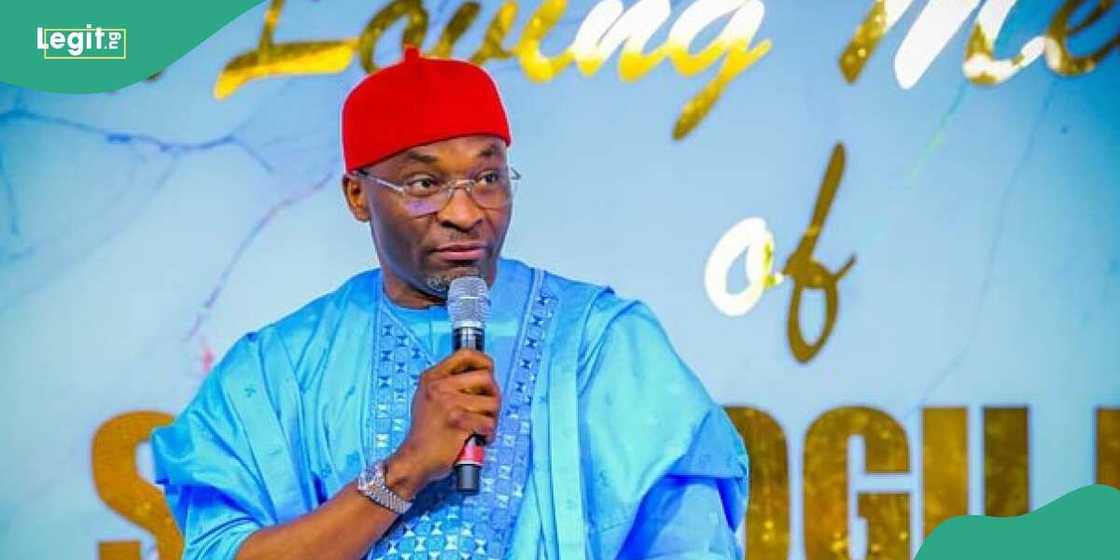
Source: Facebook
Kalu, in his motion titled: “Urgent Need for a Coordinated Diplomatic and Domestic Response to the Proposed Nigeria Religious Freedom Accountability Act of 2025 (U.S. Senate Bill S.2747) and to Mischaracterisations of Nigeria’s Security and Religious-Freedom Landscape,” drew the attention of his colleagues to what he described as a “misleading narrative” being advanced by the proposed US legislation.
The deputy speaker stressed that such portrayals are inaccurate and fail to reflect the complexity of Nigeria’s security situation.
Kalu said:
“Insecurity in Nigeria is driven by multiple factors, insurgency, criminal banditry, separatist violence, farmer-herder clashes and communal disputes, and affects citizens of all faiths.
“It is misleading to attribute these challenges to state policy or to frame them as religious persecution."
He added:
“We must not allow foreign mischaracterisations to distort our reality or undermine our strategic relations."
Contributing to the motion, various legislators expressed concerns over the implications of the US Congress’ move and urged swift action to address the incorrect narrative against Nigeria.
FG debunks claims of genocide
In the same vein, the federal government dismissed claims that Christians were being killed in Nigeria.
In a statement on Wednesday, October 8, the information minister, Mohammed Idris, described the claims as “ignorant, false and baseless.”
“This is not true. This is not the reflection of what is on the ground. I mean it’s false where you say over 20,000 churches have been burned. It’s also false if you say 52,000 (Christians killed).
“Where did he get those numbers from? I think this is absolutely absurd. It’s not supported by any facts whatsoever. The Nigerian government rejects that.”
Sowore accuses US of hypocrisy
On his part, human rights activist and former presidential candidate, Omoyele Sowore, accused both the Nigerian government and the United States of hypocrisy over their handling of killings across the African country.
According to Sowore, the violence is rooted in bad governance and insecurity, not religion.
He said:
"There’s genocide against the poor in this country, there’s genocide against Muslims in this country, there’s genocide against Christians in this country, there’s genocide against children in this country. To now separate it and say maybe it’s one religion or the other, that’s dishonest."
Legit.ng reports that Nigeria is plagued by security problems as the armed gangs, with Benue and Plateau states heavily impacted.
In addition to the gangs’ threats in Benue and Plateau, the capital, Abuja, is also surrounded by states with high levels of banditry – gunmen who kidnap and kill with no ideological motivation.
Where Nigeria's violence hits hardest
States such as Borno (2,143 deaths), Zamfara (1,347), Katsina (1,306), and Kaduna (813) top the Armed Conflict Location and Event Data Project (ACLED)’s 2024 fatality table, with Benue, Sokoto, Niger, and Plateau following closely. The epicentres correspond to zones dominated by jihadist insurgency, banditry, and communal conflict — three overlapping crises that leave little room for sectarian simplification.
The Nigerian Security Tracker, before it was discontinued, maintained data comparing attacks on churches and mosques. The figures did not support any one-sided persecution narrative.
The evidence suggests that, because most victims live in majority-Muslim states, many are likely Muslim themselves, even as both faith communities face lethal attacks.
'No Christian genocide in Nigeria': Cleric
Meanwhile, Sheikh Idris Oni, the head of the Islamic Studies department, Crescent University, Abeokuta, Ogun state, Nigeria, said from Boko Haram to herder–farmer clashes, Nigeria’s crises are complex.
The religious scholar explained that simplistic genocide claims fuel propaganda.
He told Legit.ng:
"There is no Christian genocide in Nigeria. There is no Muslim genocide in Nigeria
"Those who kill us do not pick their targets according to faith. They have killed Muslims, Christians, imams and pastors, burnt mosques and churches. We've found those who claim to be Muslims among them and we've found those who claim to be Christians among them. In the end, they are all just criminals and terrorists.
"If we push the narrative of Muslims versus Christians, we would be helping their cause unknowingly. Those who make claims are doing exactly what the terrorist wants. Until they are able to turn us against one another, they will remain failures. As a people, we need to ensure they fail perpertually so that we could true hope of a lasting peace and security for ourselves and our nation."
Tinubu refutes claims of genocide against Christians in Nigeria
Earlier, Legit.ng reported that President Bola Ahmed Tinubu dismissed claims that terrorists in Nigeria are carrying out a systematic genocide against Christians, describing the allegations as 'false' and 'malicious'.
The Nigerian leader insisted that no religion is under siege.
Tinubu, in Owerri, Imo state, blasted those peddling allegations of religious genocide in the country.
Source: Legit.ng


